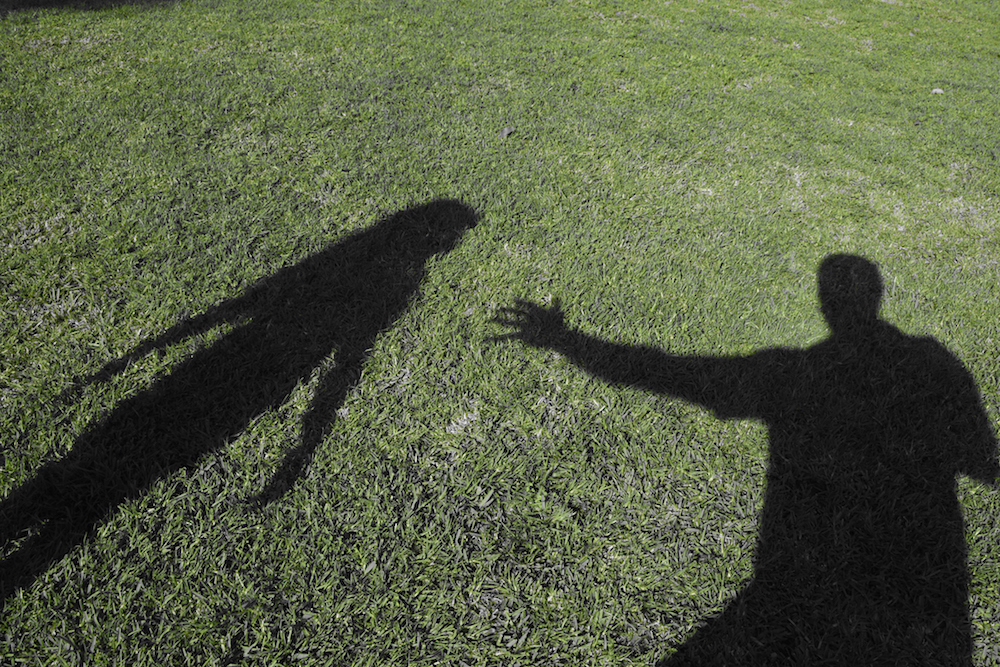Topics

Image Source
Do you keep up with any modern social movements, such as #MeToo, #BlackLivesMatter or #KeepFamiliesTogether? The conversations surrounding them are still grabbing widespread attention through social media and news headlines across the globe.
Fortunately, the collective power and influence behind these movements can shift attitudes, promote awareness, bring communities together and inspire advocacy/policy efforts on a wide range of issues. Unfortunately, we know real change doesn’t happen overnight through a hashtag.
Last year, the already existing #MeToo movement was rapidly mobilized in an effort to shine a light on harrowing incidents of sexual harassment and violence faced by many public figures, primarily women in the entertainment industry. While #MeToo has proven itself to be impactful and transformative, the movement seems to exclude any emphasis on the alarming amount of sexual abuse inflicted on our most vulnerable population – children.
I can confirm – as a pediatric health care provider – this oversight is huge. It’s a disservice to the young boys and girls around us every day, even on a local level. Unbeknownst to many, Houston is a major hub for child sex trafficking.
Nearly half of all female victims of sexual assault in the United States endured their first incident of abuse before turning 18, according to the Centers for Disease Control and Prevention (CDC). The Children’s Advocacy Centers of Texas (CACTX) conservatively estimates 1 in 10 (780,000) children in Texas will fall victim to sexual abuse before reaching adulthood.
“Oh, not my child,” some parents will say. “That stuff only happens in the news.” Sadly, data says otherwise – there’s a good chance this can indeed happen to anyone’s child. To make it worse, the children who are sexually abused are less likely to speak up about it.
This isn’t a new conversation, and it definitely isn’t fading away. Just look at the massive, unfolding child sex abuse scandals pervading the Catholic Church. It can happen to any child, even under the most seemingly safe circumstances.
If you’re a parent or caregiver, taking precautions to protect your children against these crimes is of paramount importance, alongside the ability to identify warning signs if sexual abuse has already taken place.
Here’s what you can do.
We often cringe at the thought of sexual violence against kids, making the topic extremely uncomfortable for most. Regardless, it’s important to educate yourself. For instance, most people are unaware that children are victimized at a much higher rate than adults. The Children’s Assessment Center (CAC) offers lots of useful information for caregivers, including child sex abuse facts, resources and tips.
It’s important to understand sexual abuse can mean a lot of different things – from inappropriate touching and groping to sexual intercourse. It can also take place online, so don’t forget to teach and enforce safe internet usage practices with your children.
Avoiding or sugarcoating this conversation won’t prevent it from happening, so talk with your children about sexual abuse in a realistic, age-appropriate manner. Teaching them to stay away from strangers isn’t enough – over 90 percent of these crimes are initiated by someone the child knows. For tips and suggestions on talking to your children about sexual abuse, click here.
Watch out for warning signs of possible abuse. Yes – there are obviously the physical signs, such as bleeding or bruising of the genital area. However, the underlying signs can be just as telling. For example, change in behavior is a huge red flag. The same goes for bedwetting episodes, anxiety of fear around strangers or particular people and any odd knowledge about sexual topics. For more information on identifying child sexual abuse, click here.
Many children will avoid disclosing details of abuse out of fear, confusion or feelings of shame. If your child decides to share more details, listen to them without judgment and be supportive.
If you suspect sexual abuse, reach out for help. It’s your responsibility to report it to the authorities. Be ready to document everything you do if you contact authorities or a local sexual assault service provider. If it’s your child you’re worried about, alert your pediatrician. To learn more about reporting child sexual abuse, click here.
Give your support. You can do this in a few ways:
- Contacting and working with local officials and organizations (i.e. school board, health department, etc.)
- Donating your money and time to organizations dedicated to servicing child sex abuse victims
- Educating your legislators on the importance of this issue and pushing for policy changes
If you’re interested in finding your nearest Texas Children’s Pediatrics location, click here. To learn more about Child Abuse Pediatrics (CAP) at Texas Children's Hospital, click here.



